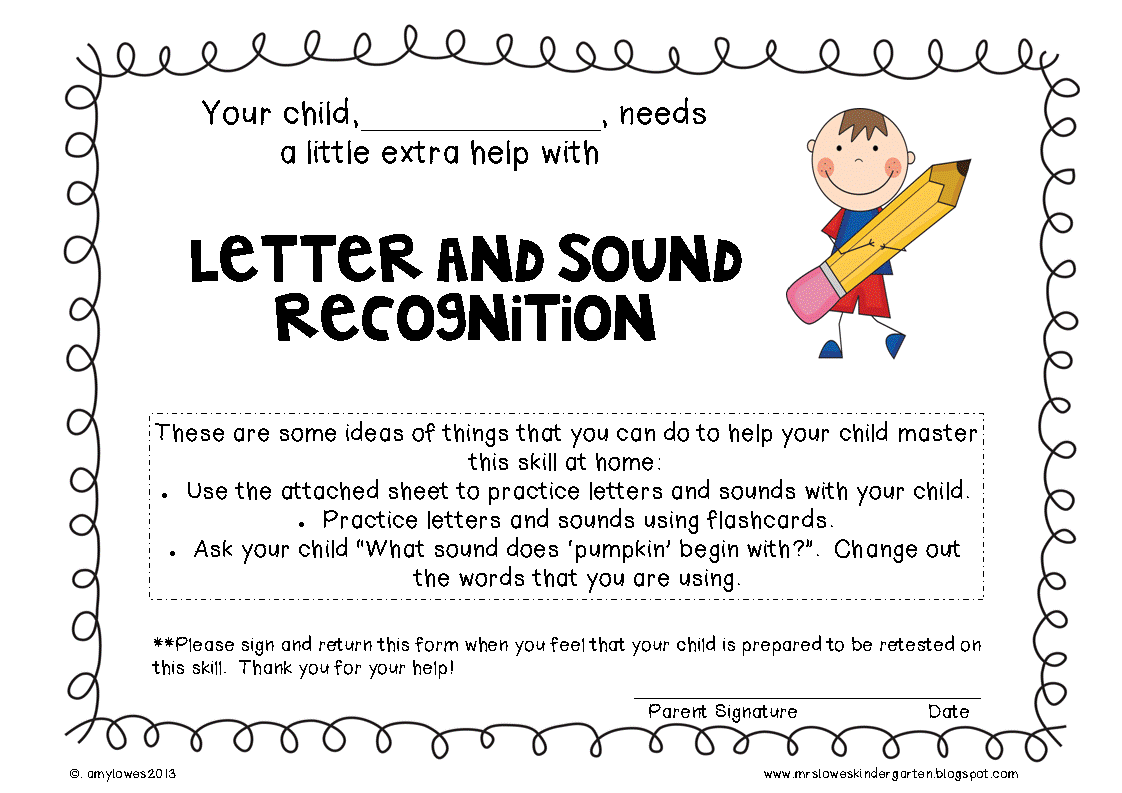Smiling parents helping with homework stock image
Table of Contents
Table of Contents
Do you remember the joy you felt when you first learned how to read? Perhaps you recall the first book you were able to read all by yourself. For many of us, reading is more than just a necessary skill; it’s a lifelong passion. Unfortunately, not all children are able to experience this joy, and parents may not always know how to help their struggling readers. As a result, it’s essential to have resources and guidance available to help parents with reading at home.
Challenges of Helping Parents with Reading at Home
One of the challenges of helping parents with reading at home is that reading is a complex skill that involves multiple processes, including decoding, vocabulary, comprehension, and fluency. Many parents may not know where to begin or what strategies to use to help their children. This can be particularly difficult for parents who may not have had the opportunity to develop strong reading skills themselves. Additionally, some children may face additional challenges such as learning disabilities or English as a second language, making reading even more difficult.
Why is Helping Parents with Reading at Home Important?
Children who struggle with reading may experience frustration and low self-esteem, which can negatively affect their academic performance and overall well-being. As such, it’s crucial to help parents support their children’s reading development at home. By creating a positive and supportive reading environment, parents can encourage their children to develop essential reading skills, such as word recognition, decoding, and comprehension. Furthermore, when parents get involved in their children’s reading development, they send a powerful message that reading is important and valuable.
Main Points to Keep in Mind for Helping Parents with Reading at Home
When helping parents with reading at home, it’s essential to keep a few key points in mind. First, make reading enjoyable by choosing books that match the child’s interests and reading level. Second, read together and model fluent reading, pausing to ask questions and clarify unfamiliar words. Third, use a variety of strategies to support comprehension, such as summarizing, predicting, and making connections to real-life experiences. Finally, be patient and encouraging, celebrating progress and successes along the way.
Creating a Supportive Reading Environment at Home
Creating a supportive reading environment at home can make all the difference in helping children develop strong reading skills. Personally, I’ve found that making reading a special time with my children has been incredibly helpful. I often choose a quiet, comfortable place in the house, such as a cozy chair or a bed with fluffy pillows. We also like to read books that are interactive, with lots of pictures and engaging storylines. This not only makes reading more enjoyable for my children but also helps to maintain their interest and focus.
Another helpful strategy is to read aloud with your child. This can take many forms, such as taking turns reading aloud, reading silently and discussing the text, or listening to audiobooks together. By reading together, parents can model fluency and help their children develop essential comprehension skills while also strengthening the parent-child bond.
Using Technology to Support Reading at Home
In today’s digital age, technology can also be a valuable tool for helping children improve their reading skills. Many apps and websites are specifically designed to support reading development, such as games that teach phonics or reading programs that provide personalized instruction. Additionally, technology can be used to create engaging and interactive reading experiences, such as by integrating audio and visual elements into book reading.
Supporting Struggling Readers
For children who struggle with reading, additional support may be necessary. One way to provide support is by working with a reading specialist or tutor who can provide personalized instruction and guidance. Additionally, parents can talk to their child’s teacher and school to develop an individualized education plan (IEP) or a 504 plan that outlines specific accommodations and strategies to support the child’s reading development.
Question and Answer
Q: How can I help if my child doesn’t like reading?
A: If your child doesn’t enjoy reading, try to find books that match their interests, such as books about sports, animals, or hobbies. Additionally, consider incorporating reading into other activities, such as cooking or nature walks, to make it more fun and engaging.
Q: How often should I read with my child?
A: Aim to read with your child for at least 20 minutes a day. This can be done all at once or broken up into smaller sessions throughout the day.
Q: Should I correct my child when they make a mistake while reading?
A: It’s important to balance correction with encouragement. Instead of correcting every mistake, try asking questions to help your child self-correct, such as “Does that sound right?” or “What word might make sense there?”
Q: What if my child is still struggling with reading?
A: If your child is still struggling with reading, don’t give up! Seek additional support from your child’s school, such as tutoring or an individualized education plan. Additionally, continue to read with your child and make reading a positive and enjoyable experience.
Conclusion of Helping Parents with Reading at Home
Helping parents with reading at home is critical for children’s success in reading and in life. By creating a supportive reading environment, using a variety of strategies and resources, and seeking additional support when necessary, parents can help their children develop essential reading skills and a lifelong love of reading. By making reading a positive and enjoyable experience, parents can help their children unlock the joy and power of the written word.
Gallery
Helping Elderly Parents | In-Home Senior Care | Frederick MD

Photo Credit by: bing.com / conservatorships conservatorship
Expert Advice On How To Help Your Child Study Effectively At Home

Photo Credit by: bing.com / reading cuentos assegno confinamiento sobrellevar contar ventajas effectively temporaneo figli minori auca escuchar fostering role conversation
Parents Helping Their Child Stock Image - Image Of Parents, Leisure

Photo Credit by: bing.com / helping parents their child preview
The Catholic Toolbox: Parent Involvement In CCD

Photo Credit by: bing.com / parent involvement ccd parents teachers their
Smiling Parents Helping With Homework Stock Image - Image Of People

Photo Credit by: bing.com / parents helping homework smiling teenager preview child





